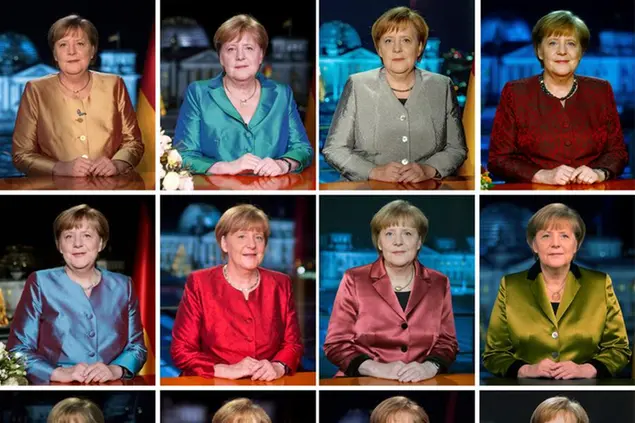L’annuncio finale sarà dato il 22 gennaio, dopo il probabile ballottaggio: in realtà i tre candidati che ambiscono a succedere a Merkel e lanciarsi nella corsa per la cancelleria non hanno programmi troppo diversi, anche se qualora vincesse Friedrich Merz, l’attuale favorito, lo strappo con i 15 anni della cancelliera sarebbe più netto
- La Cdu avrebbe dovuto tenere il proprio congresso già nella scorsa primavera, ma la pandemia ha determinato due rinvii. A contendersi la guida del partito saranno Friedrich Merz, Armin Laschet e Norbert Röttgen.
- Merz, avvocato e lobbysta, attualmente favorito, è molto meno radicale di quello che possa sembrare: è un europeista convinto e rappresenta la destra più liberale.
- Armin Laschet e Norbert Röttgen sono più vicini alla politica della cancelliera, anche se i loro programmi in politica interna hanno leggere differenze. Il vincitore della nomination dovrà poi vedersela con Markus Söder, il presidente della Baviera e capo della Csu.
